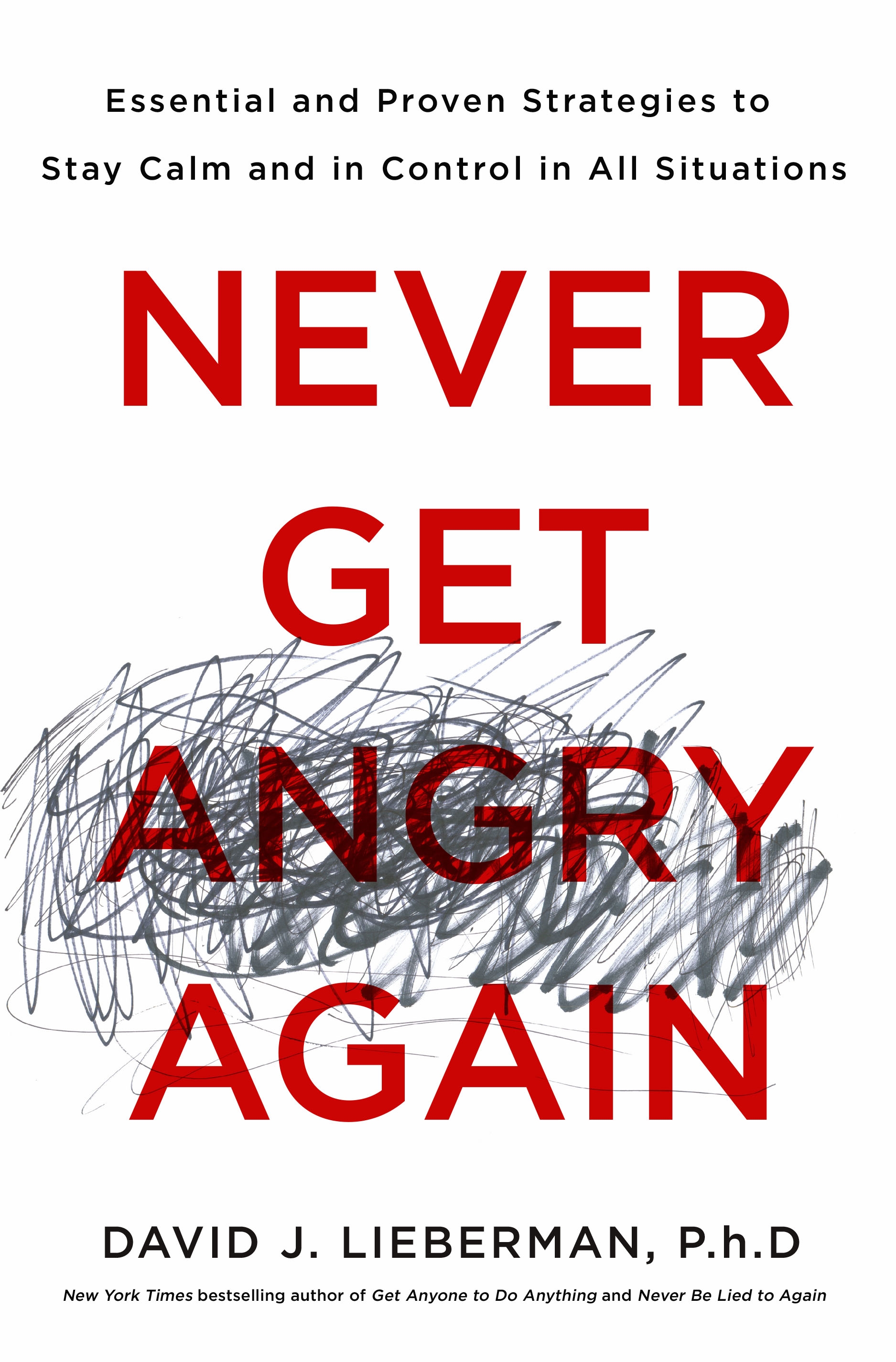When we have no drive to mobilize our passion, nothing reinforces the intellectual process that moves us in one direction or the other. This is one primary function that emotions serve: to energize our behavior and motivate us to take action. We need emotions, but when we lead with our feelings, our intellect then fortifies a distorted conclusion. To choose wisely, we must first see clearly through the lens of the intellect and afterward align our emotions. A person is always better off identifying with the love of the virtue for which he is fighting than acting out of anger, which is always ego-based. Meaning that focusing on our passion for what is right, rather than on our disdain for what is wrong, will help us to see more clearly and to act more responsibly because we are not blinded by rage. This is not a pacifist approach but one that allows for an optimum response. No one ever walked away from an argument and thought, I wish I had gotten angrier, I would have been able to handle myself so much better.
Later in the chapter, we will see how anger robs us of our intelligence—the faculty to process reality—and also distorts our ability to see clearly. Wisdom is a function of both intellectual and emotional clarity. To the degree that our ego is engaged, we unconsciously distort (or consciously ignore) reality and gravitate toward the less-responsible choice. Therefore, in any given situation, it’s quite possible for a smart person to make an astonishingly poor decision while his less-intelligent counterpart will make the wiser, more prudent choice.
Self-esteem and emotional health (aka wisdom, which is synonymous with an expanded perspective) go hand in hand. Intelligence, however, is largely unrelated to either self-esteem or emotional well-being. An overweight diabetic with low self-esteem knows she shouldn’t eat chocolate cake for dinner, but she eats it anyway. Her low self-esteem is directing the choice she makes. In that moment, she’s more interested in the chocolate cake than in her physical health. The hallmark of emotional maturity is the ability to delay gratification—to endure discomfort or pain now (or to give up a lower-level pleasure) in exchange for a greater pleasure at a later time.
Intelligence does not make a person rational. Intelligence can only put us in the driver’s seat with a map in hand. Wisdom opens our eyes to see what we wish would not exist; to accept what is painful; and to respond with grace, clarity, and confidence.
Psychologist Abraham Maslow’s hierarchy of needs depicts the different levels of needs that human beings seek to satisfy. At the bottom are the most basic needs necessary for survival. As each need is met, we strive higher, to attain greater emotional fulfillment and find pleasure in meaning. At the top—self-actualization—the person is at his most flexible, honest, and open. He operates with a higher degree of intellectual honesty and integrity. As we move down the pyramid, emotions play a stronger role in the decision-making process. At the base of the pyramid, the person’s immediate desires take center stage.

From NEVER GET ANGRY AGAIN: The Foolproof Way to Stay Calm and in Control in Any Conversation or Situation. Copyright © 2019 by David J. Lieberman, Ph.D. and reprinted with permission from St. Martin’s Griffin.
Follow us here and subscribe here for all the latest news on how you can keep Thriving.
Stay up to date or catch-up on all our podcasts with Arianna Huffington here.


